YOUR Eyes
Deserve
the Best
Experience expert care and cutting-edge
technology for your vision.
YOUR Eyes
Deserve
the Best
Experience expert care and cutting-edge
technology for your vision.
Are You Struggling with Vision Problems?
Neglecting regular eye care can lead to serious problems over time. Here are some risks of skipping professional eye exams:

Untreated Vision Loss
Skipping eye exams can lead to undetected issues like glaucoma, causing permanent vision loss.
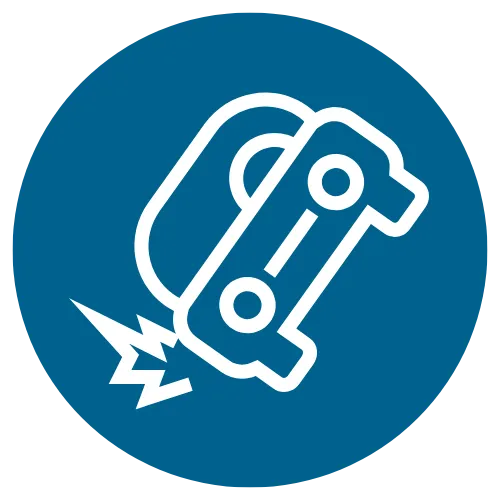
Increased Risk of Accidents
Poor vision makes tasks like driving and walking more hazardous.

Chronic Discomfort and Strain
Uncorrected vision can lead to headaches, fatigue, and lower quality of life.
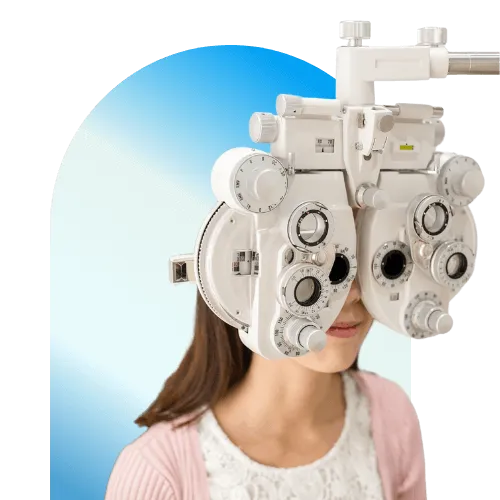
Taking care of your eyes now can help prevent bigger issues later.
Why Choose WV Eye Consultants?
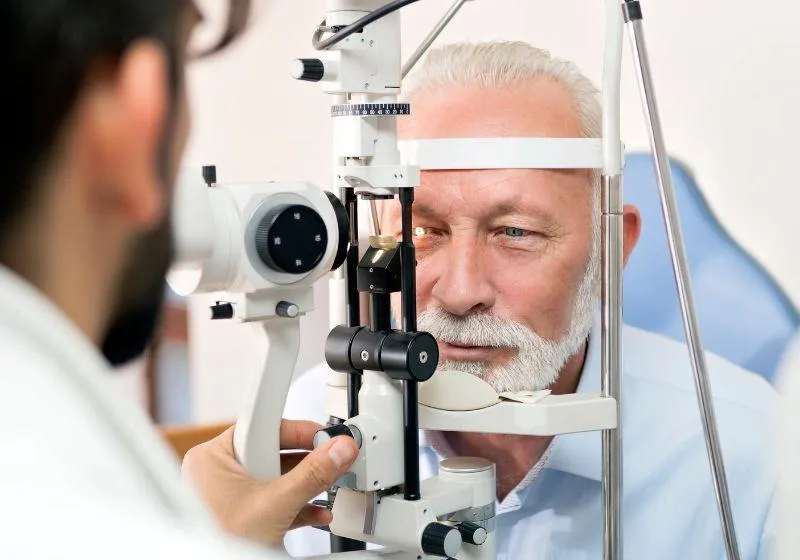

Advanced Technology
We use state-of-the-art diagnostic tools to detect and treat eye conditions accurately.


Expert Care
Our experienced optometrists provide personalized solutions for your vision needs.
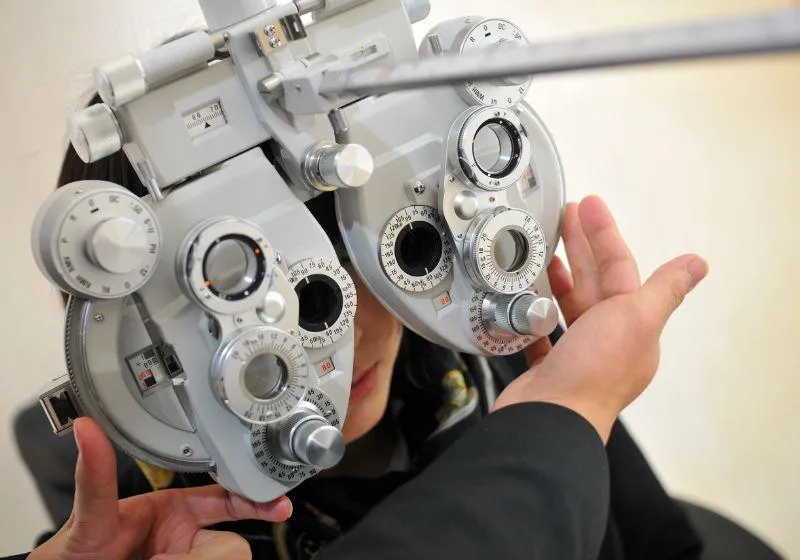

Comprehensive Services
We offer a full range of services, from routine exams to specialized treatments.
What Our Patients Are Saying About WV Eye
"Excellent informative appointment. The staff was friendly and the doctor was thorough with my eye exam. He explained and listened to my concerns."
CHARLES V.
"Everyone are so professional but so friendly! They help you to have confidence that you are getting a great exam!"
SHIRLEY L.
"I was very impressed with the throughness of the eye exam and staff . They always make time to see you if you have any problems."
SYLVIA B.
OUR COMPREHENSIVE LIST OF SERVICES
Eye Care Services
Premium Services
Optical Services
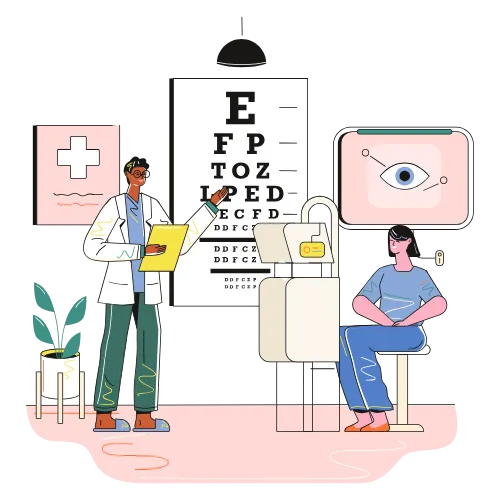
Our Simple Process for Better Vision Care

SCHEDULE AN APPOINTMENT
Call us or use our online booking system to find a time that works for you.

COMPREHENSIVE EYE EXAM
Visit our clinic for a thorough eye examination using state-of-the-art technology.

PERSONALIZED SOLUTIONS
Based on your exam results, our optometrists will recommend the best treatment options for your vision needs.

ONGOING CARE AND SUPPORT
We’ll help you schedule follow-up visits and provide tips to maintain your eye health.
TAKE THE FIRST STEP TOWARD BETTER VISION
Expert Eye Care, Personalized for You
If you're struggling with vision issues or simply want to stay on top of your eye health, WV Eye Consultants is here to help. Our expert team combines advanced technology with personalized care to deliver real results for your vision.
Advanced Technology – We use the latest tools to detect and treat eye conditions early.
Comprehensive Services – From routine exams to complex treatments like glaucoma and cataract care.
Personalized Care – Our experienced optometrists tailor solutions to your unique needs.
Trusted Expertise – A proven track record of improving eye health and clarity.
Support Every Step – We’re with you from your first exam through ongoing care.
© 2025 WV Eye Consultants. All Rights Reserved.

